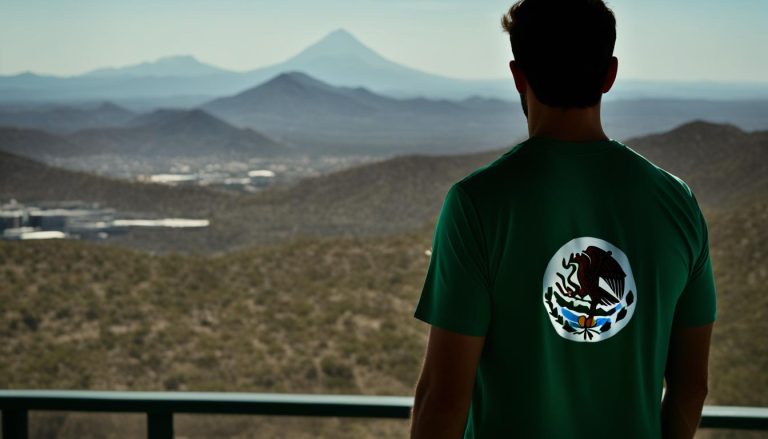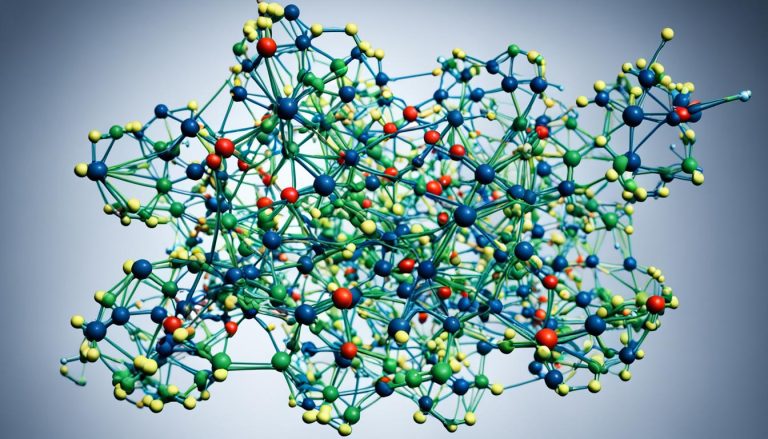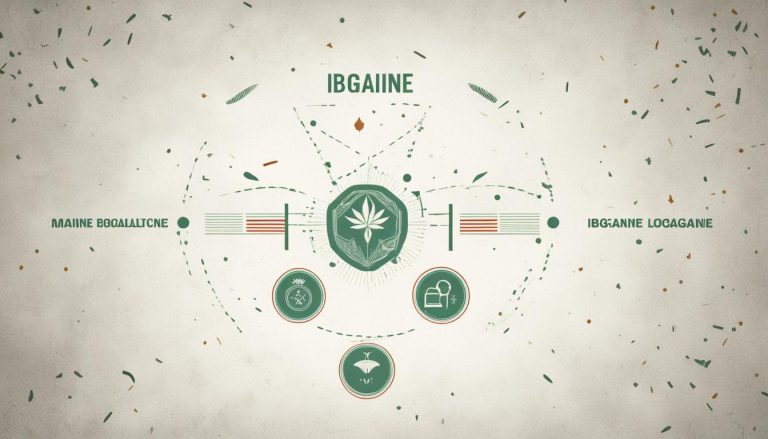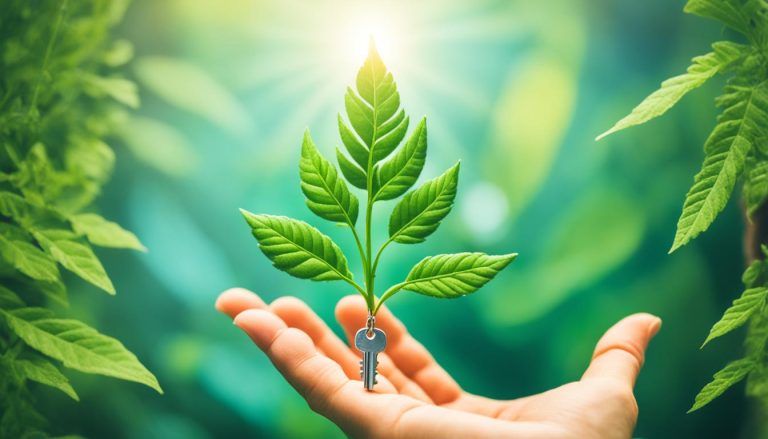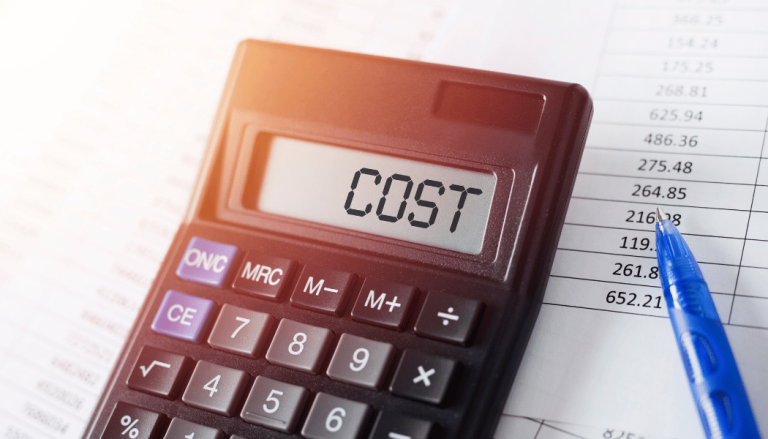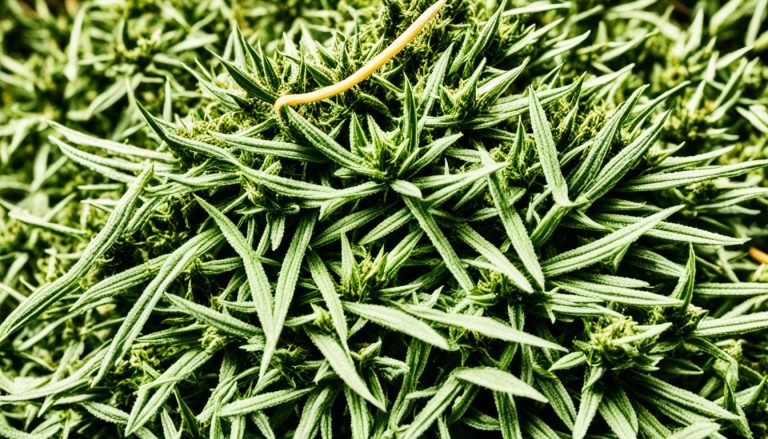Ibogaine Legal Status By Country
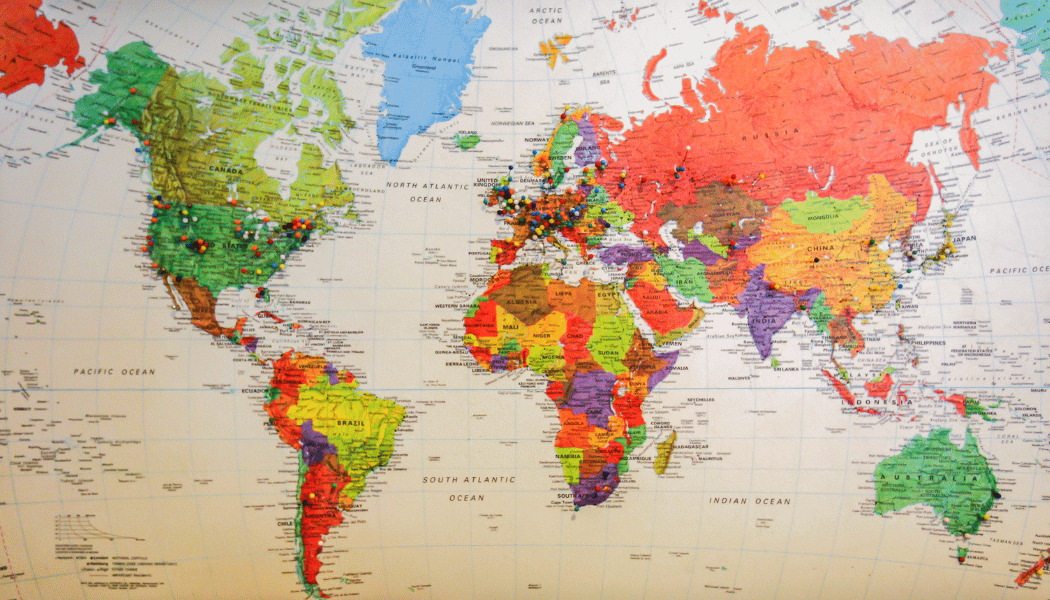
The rules on ibogaine change a lot around the world. It’s from the iboga plant. The United Nations doesn’t view it as a drug. But, sports groups have called it a doping agent since 1989. Some places, like Australia, say it should only be used with a doctor’s orders, known as a prescription. In Belgium, without special permission, it’s not allowed.
France, Sweden, and the United States don’t permit it at all. But, in Costa Rica, Gabon, and Portugal, you might find it easier to get or use. This is because Portugal made drug use less serious in 2001. In Brazil, doctors can prescribe ibogaine since 2016. It’s also available with a doctor’s prescription in South Africa and Canada.
Key Takeaways
- The legal status of ibogaine varies significantly across different countries.
- Ibogaine is not listed as a controlled substance by the United Nations International Narcotics Control Board.
- In Australia, ibogaine is legal but restricted to prescription-only use.
- Belgium prohibits the possession, distribution, or production of ibogaine without explicit permission.
- Countries like France, Sweden, and the United States have criminalized ibogaine.
- Portugal decriminalized drug possession, including ibogaine, in 2001.
- Brazil, South Africa, and Canada allow ibogaine use under prescription regulations.
Understanding Ibogaine and Its Effects
Ibogaine comes from the roots of the African iboga tree. It is famous for causing hallucinations and dissociation. These effects make it tightly controlled in many places.
What is Ibogaine?
Ibogaine is a natural substance that interests scientists. It affects the brain and consciousness uniquely. Its ability to cause intense hallucinations makes it a key topic in the Ibogaine Regulatory Landscape.
Therapeutic Uses of Ibogaine
Though research is limited, ibogaine shows great promise in treating mental health issues and addiction. People are getting more interested in using ibogaine for addiction treatment. They say it can help change the brain and break addiction habits.
Risks and Side Effects Associated with Ibogaine
Ibogaine’s potential benefits for addiction come with big risks. These include heart problems, seizures, and in some cases, death. Because of these dangers, ibogaine is heavily regulated. It’s a tough balance between its possible benefits and safety.
Global Overview of Ibogaine Legality
Ibogaine’s legal status changes a lot around the world. This overview looks at how different places deal with ibogaine. It shows where it’s tightly controlled, where doctors can prescribe it, and where it’s not against the law to use it.
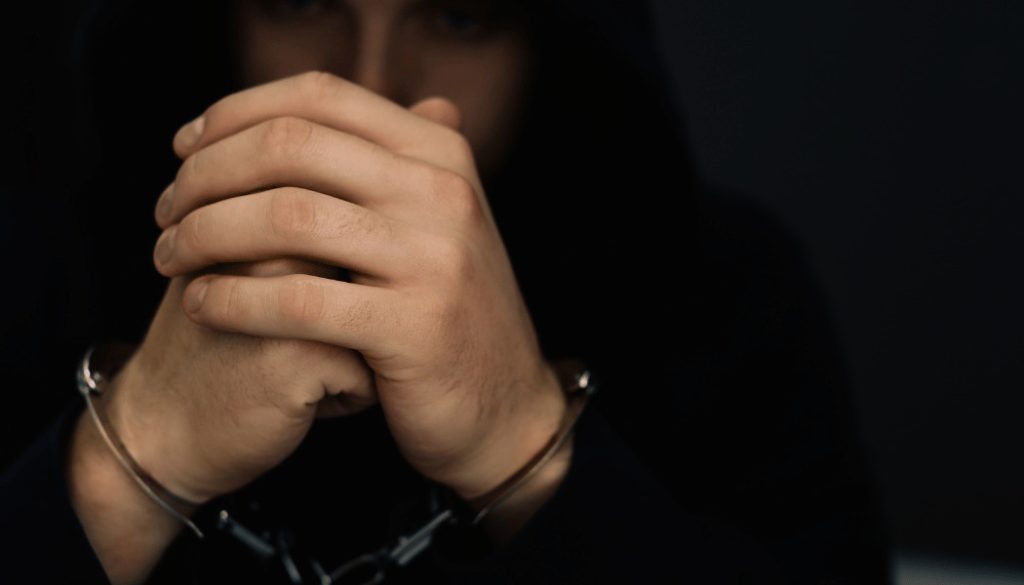
Countries with Strict Ibogaine Controls
Some countries are very strict about ibogaine. The United Kingdom, France, Italy, and many Nordic countries have laws against using, selling, or growing it. These places want to keep ibogaine only for medical use, so they watch it very closely.
Countries with Controlled or Prescription-Only Use
Other nations are more open but keep ibogaine use in check. Canada, South Africa, Brazil, and New Zealand let doctors prescribe it. This way, they can use it for good but also make sure it’s safe.
Countries Where Ibogaine is Decriminalized
But some countries allow ibogaine more freely. Mexico, Costa Rica, and Portugal have softer rules. In Portugal, they think more about health than punishment since 2001. These places are part of a bigger movement to treat drug issues more gently.
The way countries handle ibogaine shows a complicated story. Some are very strict, some are careful, and some are more relaxed. Globally, the rules about ibogaine are always changing, showing many different ways of dealing with it.
Ibogaine Legal Status By Country
The rules about ibogaine differ a lot around the world, showing how countries make their own decisions. Let’s see how different places deal with this strong drug.
United States
The United States marks ibogaine as a Schedule I drug, making it illegal. This decision is based on the drug’s safety issues and the need for more research on its benefits. The strict rules in the U.S. fit a cautious view on risky substances.
Portugal
Portugal stands out by not treating ibogaine as a crime. They choose to see drug use as a health concern, not just a legal matter. This choice makes ibogaine use not criminally punished, showing a forward-thinking approach.
Mexico
Mexico takes a unique stance by not having specific laws on ibogaine. This has made it a top spot for people looking for ibogaine treatments. Its lack of strict rules pulls in those seeking different ways to treat addiction.
Australia
In Australia, ibogaine is allowed but with many rules. It falls under Schedule 4, meaning it’s only used with a doctor’s order. This strict but careful control shows Australia’s balanced view on the substance.
Canada
Canada is also cautious, but it lets doctors prescribe ibogaine. This balanced approach allows for supervised medical use. It represents Canada’s careful yet inclusive view on possible medical benefits of ibogaine.
South Africa
South Africa strictly controls ibogaine as a Schedule 6/Poison. It’s only given out under a doctor’s orders, with strict rules on how it’s used. These tight rules show South Africa’s detailed management of psychoactive drugs.
The different treatments of ibogaine underline the challenges in making drug policies. Each country weighs public safety, health goals, and scientific proof in different ways.
Factors Influencing Ibogaine’s Legal Status
Many things affect ibogaine’s legal status. Chiefly, scientific studies and its place in culture. The mix of what we know and what we’ve always done shapes how different places handle this mind-altering plant.
Scientific Research and Data
What we learn from science guides how we treat ibogaine under the law. A lack of big studies and solid safety info has made many countries say no. Still, early research shows it might help with addiction and mental health. These hints at its positive effects spark debates. But, people worry about its harm to the heart.
Cultural Significance and Historical Use
The plant’s past use and its cultural significance are also key. In places like Gabon, where it’s used in spiritual ways, rules are more relaxed. Here, traditions protect the use of the plant. Yet, in areas without this history, rules can be very strict.
Recently, some places are thinking about ibogaine’s role in a new way. With a focus on being less harmful and helping people. This shift is part of a global move towards more gentle drug policies. It shows how complex the issue is, involving science, old ways, and rules.

